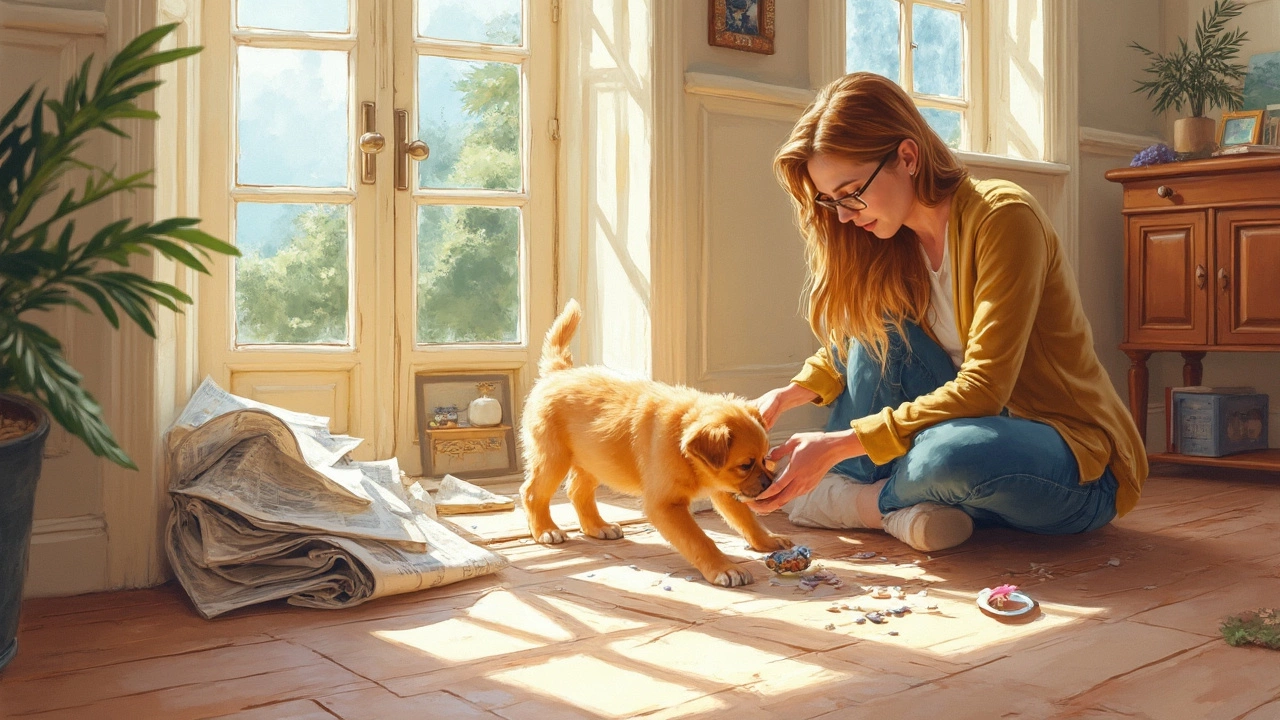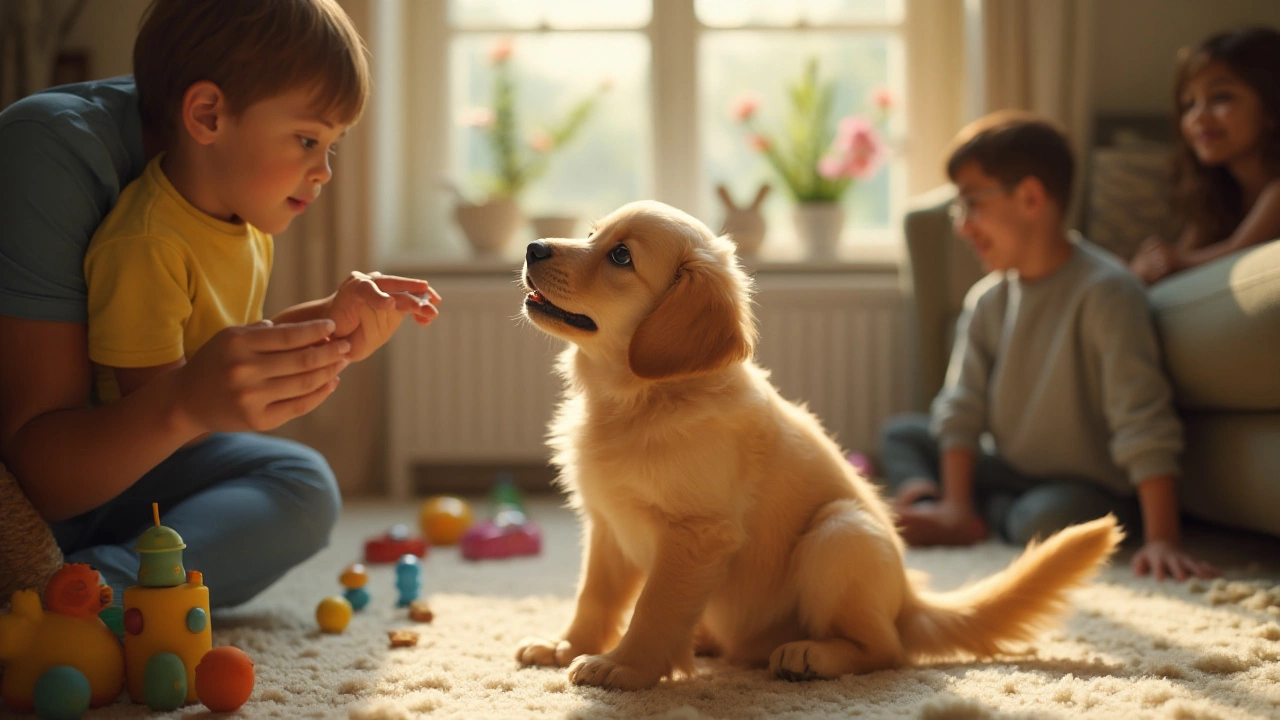Housebreaking Basics: Simple Steps to Potty Train Your Puppy Fast
Got a new puppy and wonder how long it will take to stop the accidents? Housebreaking is all about routine, consistency, and a bit of patience. Below you’ll find the core actions that turn a messy puppy into a well‑behaved housemate.
Set Up a Predictable Schedule
Dogs love patterns. Feed your pup at the same times each day and take them outside right after meals, playtime, and naps. A good rule of thumb is every 2‑3 hours for puppies under three months, then stretch the gaps as they grow. Mark the door with a sticky note or set a phone alarm so you never miss a bathroom break.
Choose a specific spot outside and always go there. The scent will cue the puppy that it’s time to go. If you can, keep the leash short so they focus on the task and not on chasing squirrels.
Watch the Signs and React Quickly
Before a puppy can tell you they need to go, they’ll show cues: sniffing, circling, whining, or heading to the door. As soon as you spot any of these, rush them out. The faster the response, the stronger the connection between the cue and the reward.
When your pup does their business outside, praise them loudly and give a tiny treat. The excitement tells them they did the right thing. Skip the treats after a few weeks – you’ll still get a happy “good job!” voice.
If an accident happens indoors, don’t punish. Clean the spot with an enzyme cleaner so the smell disappears. Punishing can make them hide their next bathroom, which prolongs the process.
Dealing With Setbacks
Sometimes a puppy will regress – a new family member, a move, or a sickness can trigger accidents. Return to the basics: tighter schedule, more frequent trips, and extra praise. If your pup keeps missing the mark after a week of consistent effort, consider a crate. When sized right, a crate becomes a safe den that the pup won’t soil.
Remember, housebreaking isn’t a one‑size‑fits‑all timeline. Most puppies get the hang of it by 12‑16 weeks, but some take a few months. Stay calm, keep the routine, and celebrate each win.
Ready to start? Grab a notebook, jot down feeding times, bathroom trips, and any accidents. Spotting patterns will help you fine‑tune the schedule. Before long, you’ll have a clean floor and a confident pup who knows exactly where to go.
Posted By Bryndle Redding On 24 May 2025 Comments (0)
Puppy Toilet Training: What Age is Best to Start?
Wondering when to start toilet training your new puppy? This article breaks down the best age to begin housebreaking, explains why timing matters, and shares practical tips that work in real life. Find out how puppy development affects toilet training success and pick up tricks to keep accidents from turning your home into a disaster zone. If you’ve got a young pup and want fewer messes (and less stress), you’re in the right place.
READ MOREPosted By Bryndle Redding On 1 Jan 2025 Comments (0)
Efficient Tips for Fast Dog Housebreaking
Housebreaking a puppy is a crucial step in pet ownership, demanding patience, consistency, and a pinch of creativity. This article explores the typical timeframe for housebreaking a dog, with insights on factors that can influence the process. It provides effective strategies from identifying signs to staying motivated through challenges. Learn how environment, routine, and encouragement play key roles in successfully training your dog to become a well-behaved family member.
READ MORE
